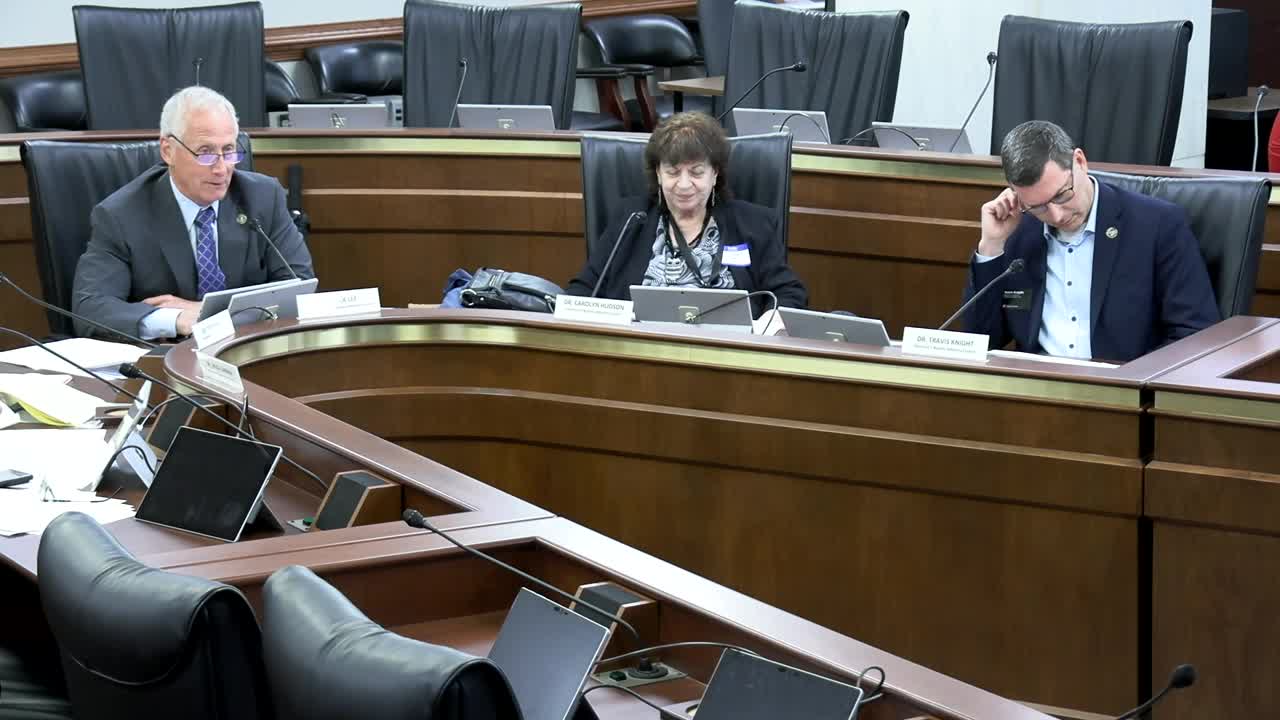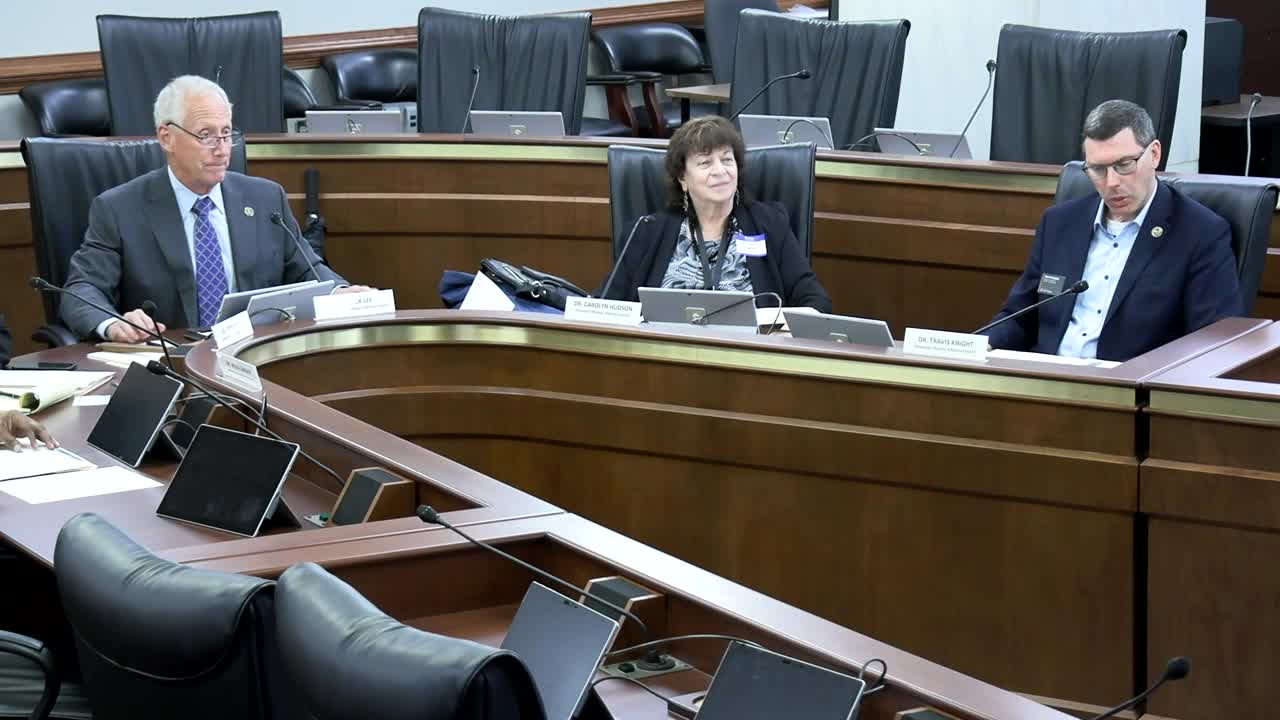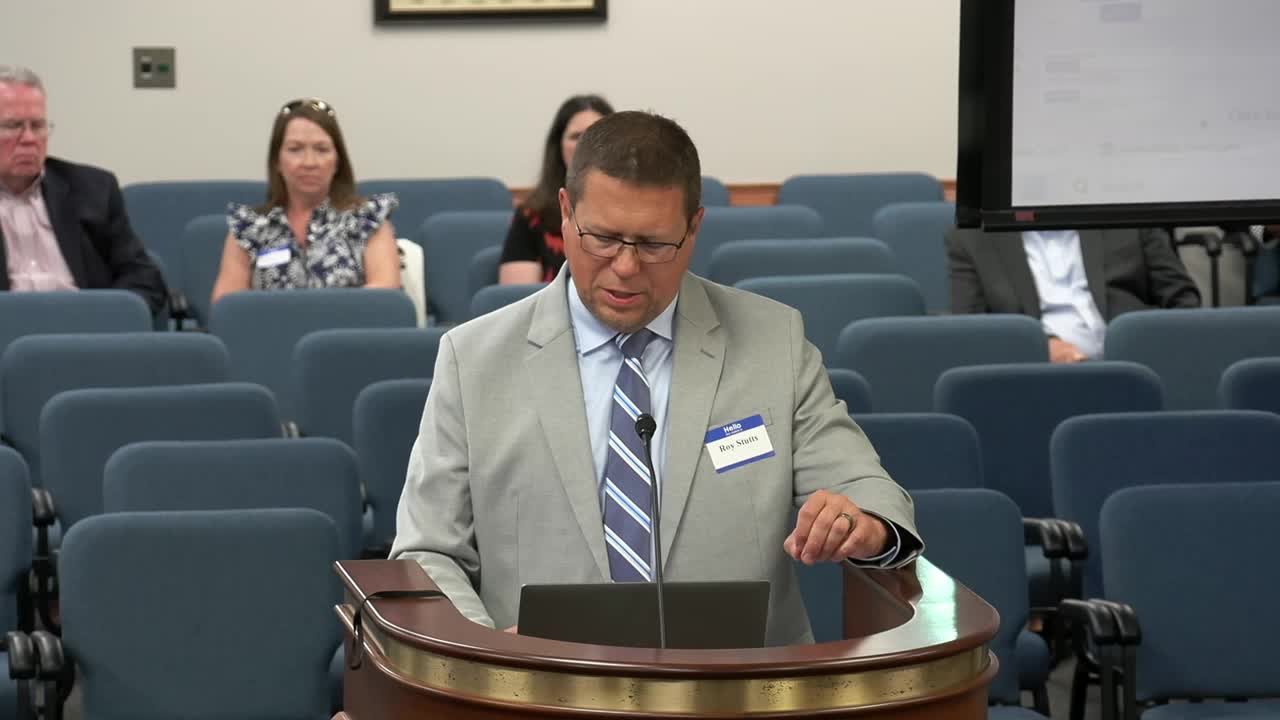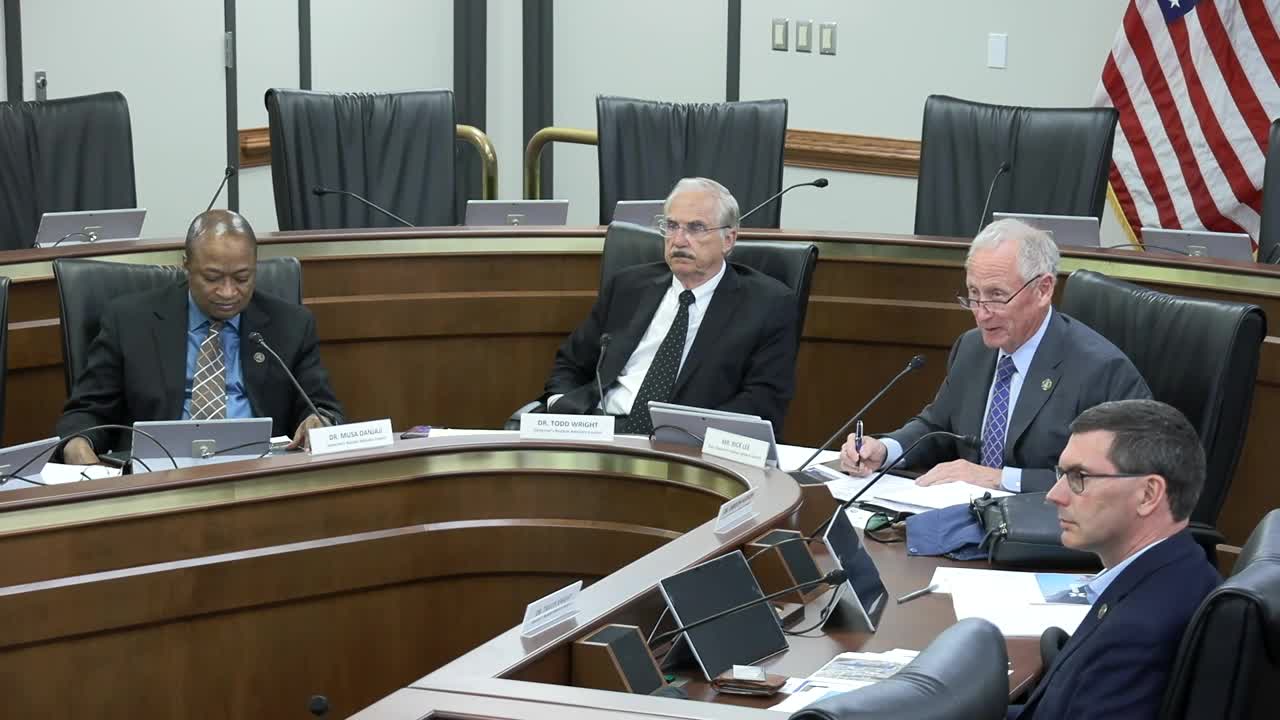Article not found
This article is no longer available. But don't worry—we've gathered other articles that discuss the same topic.

Santee Cooper reports broad market interest in VC Summer site; bidders to be narrowed after RFI period

Savannah River managers report progress on AMC, pit program and tank work; timelines and staffing remain key questions

Westinghouse says Columbia LEU+ fuel facility moving through permitting; community engagement and environmental questions remain

